
Contact Us
Get in touch with us using the form or details below. We look forward to hearing from you!
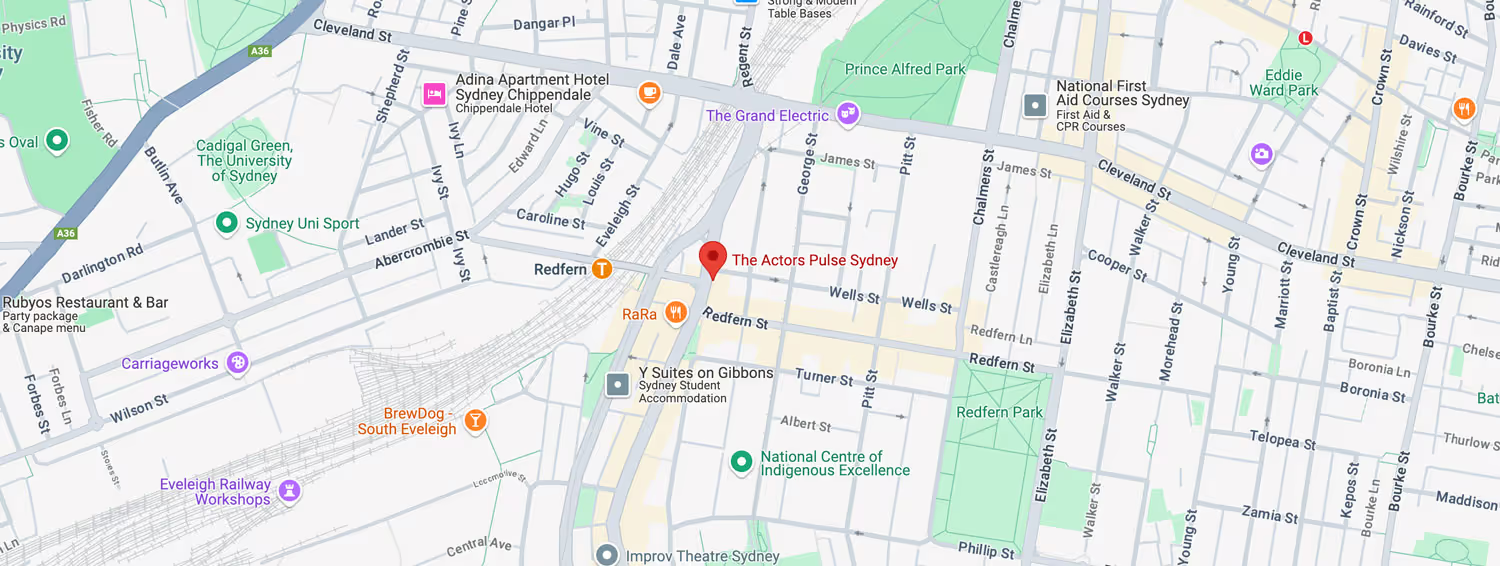
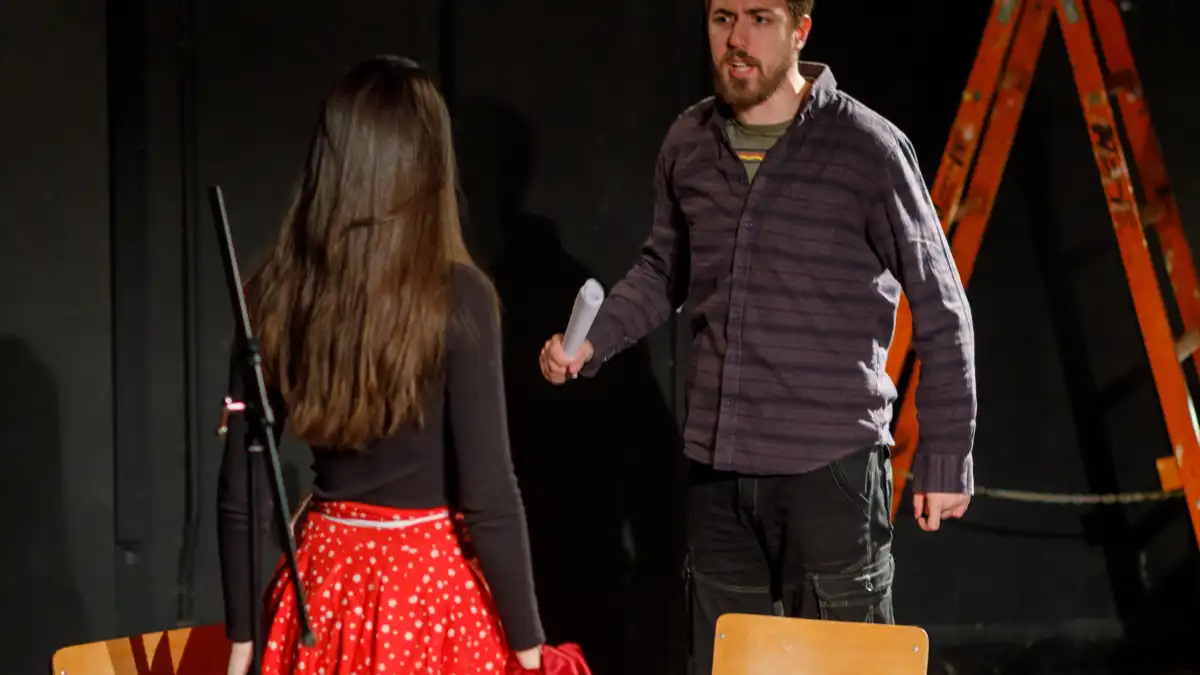
While it is easy to think that acting is simply down to mastering key acting techniques and reading and memorising a script, acting actually requires a lot of on-the-spot decisions.
If an actor is simply focused on delivering lines and adhering strictly to a technique, there is a real risk of the performance being stilted or lacking in truthfulness.
Great acting is inherently reliant on versatility, spontaneity and creativity amongst other attributes and this is where improv comes in.
If you’ve never heard of improv, have been unsure what it is, how it can benefit you or felt that it is only for a certain type of actor, we’re here to fill you in on all the details and dispel any myths.
Let’s get to it.
Improv or improvisational theatre is as its name suggests all about improvising. It involves unscripted performances where actors are required to spontaneously create scenes, characters and dialogue on the spot.
Through an agreed prompt or surprise introduction, actors build an entire story through ongoing interactions and careful responses. Improv can be funny, serious, sad, confronting and more – there are no real rules!
While improv is often considered more suited to the comedy scene, it is, in fact, an important foundation for performers of all types.
From drama to action, thrillers to romance, musicals, horror and more, learning how to improvise through improv classes can provide a myriad of benefits for actors in all areas.
We understand that for many actors, even those with a lot of experience, improv can feel incredibly daunting and easier to avoid. However, it is an incredibly beneficial activity to participate in.
The following are 8 ways in which improv can support you to excel as an actor.
Improv classes are a dedicated playground for spontaneity and creativity. Thrust into various scenarios without a script as a safety net you are forced into thinking on your feet and must learn how to respond in the moment.
If as an actor you struggle to let go of inhibitions, embrace uncertainty, and trust your instincts, improv can help you overcome these pitfalls.
Consistently attending improv classes and engaging in improvisational exercises and games, supports actors to silence their inner critic and harness their natural creativity. This makes it ideal for anyone seeking to add a sense of freshness and authenticity to their performances.
Successful improv relies heavily on active listening. To create a cohesive narrative, actors must remain incredibly focused on their scene partners’ dialogue and actions. Without great active listening skills, you are unable to respond appropriately and the story falls apart.
Because listening and reacting are so central to improv, participants experience a heightened sense of awareness and are more present.
Additionally, as these classes teach you how to remain fully present in the moment, your ability to react organically to the ever-changing dynamics of a scene becomes easier.
All of these skills are essential for delivering compelling, truthful performances whether on stage or screen.
As we have touched on, improv can be a little scary at first and it requires a certain degree of courage and confidence to embrace the unknown.
This is why it is encouraged to attend improv classes rather than jump right on stage as they offer a safe and supportive environment for actors to take risks, make mistakes, and embrace failure. It’s all a valuable part of the learning process.
As improv helps assuage the fear of judgement and failure, continued practice can help an actor to be more open to experimentation. This may look like an exploration of different characters, making bolder performance decisions and pushing them beyond their creative boundaries.
This newfound confidence then carries over into every area of an actor’s work. From auditions to rehearsals, performances and more, the added self-assurance best places you to succeed.
As improv is so unpredictable, actors are constantly challenged to adapt at moments’ notice.
This teaches the essential skills of flexibility and creative problem-solving while also strengthening spontaneity and adaptability.
By embracing the unknown and relinquishing control, actors develop resilience and trust in their abilities. In this way, improv better prepares actors to navigate the challenges of performance with clarity and calm.
Improv is by its nature a collaborative exercise. It relies almost wholly on the synergy between performers, without which it is impossible to tell engaging and entertaining stories.
Through improv, actors learn to support and uplift each other while exploring shared narratives and objectives. Teamwork, communication and trust are essential in improv, skills which are also key to thriving in all other areas of acting.
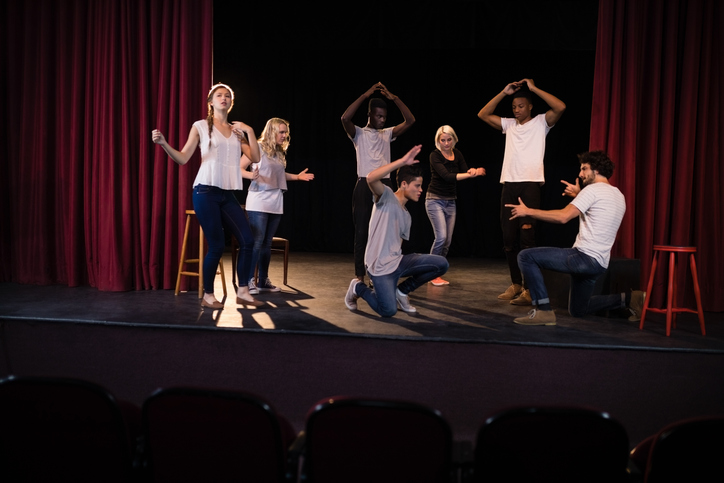
If you associate improv with unstructured chaos, think again, just like other fields of acting it is also grounded in a solid foundation of acting fundamentals. Some of these are:
Spending time learning and mastering improvisational techniques such as status play, emotional commitment, and physicality all build on your overall skillset as an actor.
You’ll gain a deeper understanding of character dynamics and dramatic conflict and be better able to create rich, nuanced performances in any setting.
If you find yourself feeling anxious before performing, even with a script involved, then improv is a great way to overcome this.
During improv classes, you’re encouraged to confront these anxieties and push past them all while in a supportive environment.
This is achieved through repeatedly participating in challenging exercises and games that are designed to help you silence your inner critic and trust your instincts.
Over time, this makes you more confident, resilient and able to thrive in high-pressure performance situations.
The entertainment industry is highly competitive, and being as versatile an actor as possible is one way to ensure you don’t get overlooked or pigeon-holed.
Through improv, you can attain a diverse set of skills and techniques that can be applied to a wide range of performance styles and mediums. Making you more versatile, appealing and more likely to succeed.
Actors who have honed their improv skills are looked on favourably by casting directors as they are better equipped to handle the demands of any role. Likewise, it shows a willingness to be flexible and collaborate with directors, writers, and fellow actors.
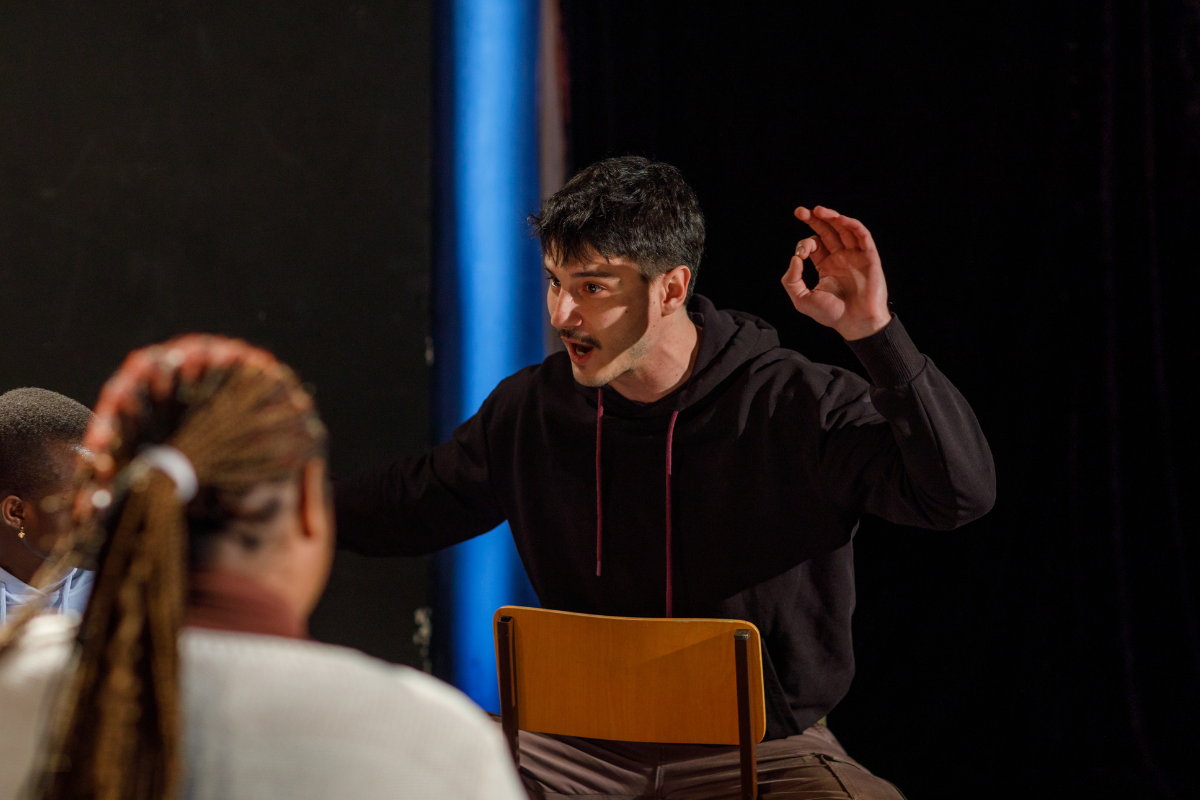
Teaching the Meisner Technique, which is rooted in emotional improvisation, The Actor’s Pulse is an ideal place from which to grow your improv skills.
Offering a range of classes led by highly experienced teachers, we teach you to embrace spontaneity, take risks, collaborate, grow in confidence and push yourself creatively.
Through improvisation and other techniques, you’ll unlock your full potential as an actor and be best prepared for a successful career on stage and screen.
Book your next class with us or learn more today by calling 0414 475 515.





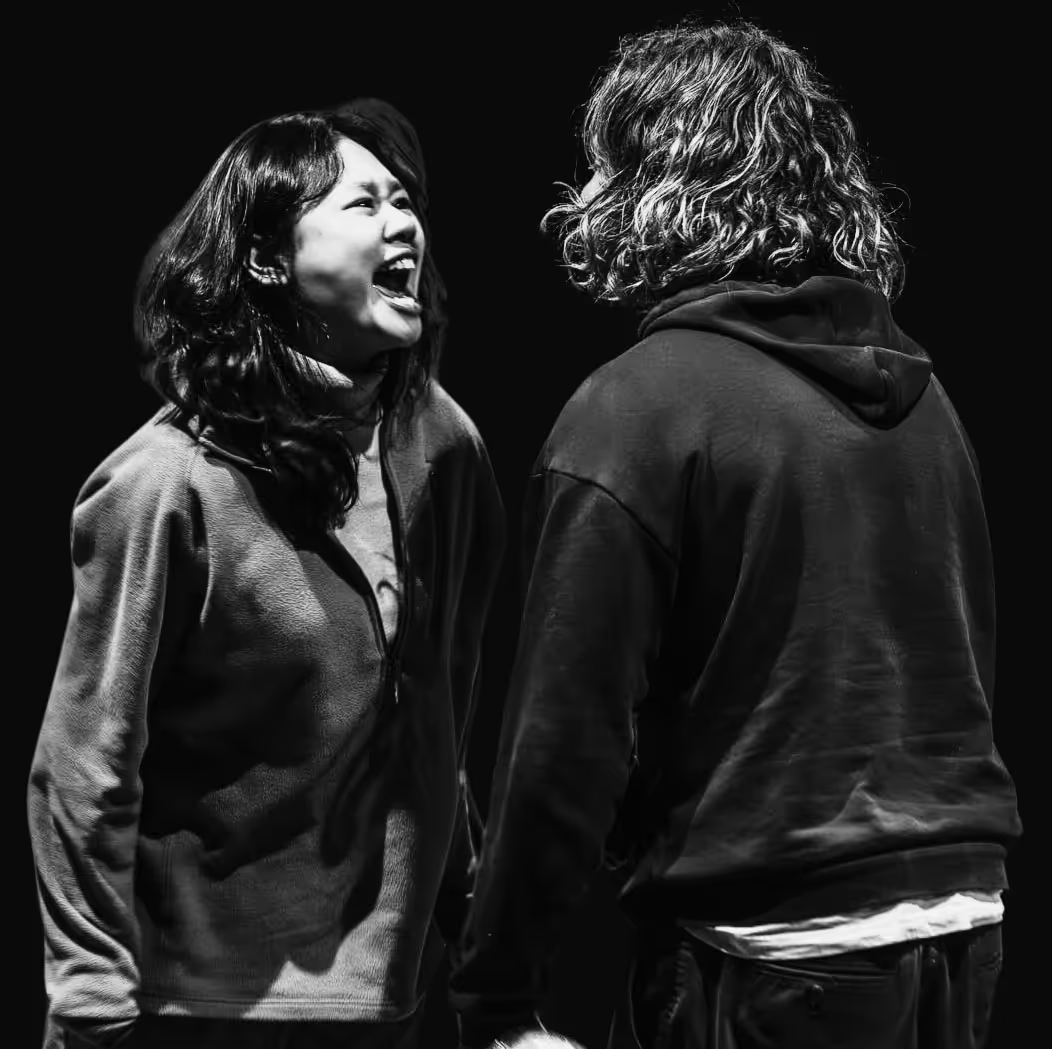



Get in touch with us using the form or details below. We look forward to hearing from you!
